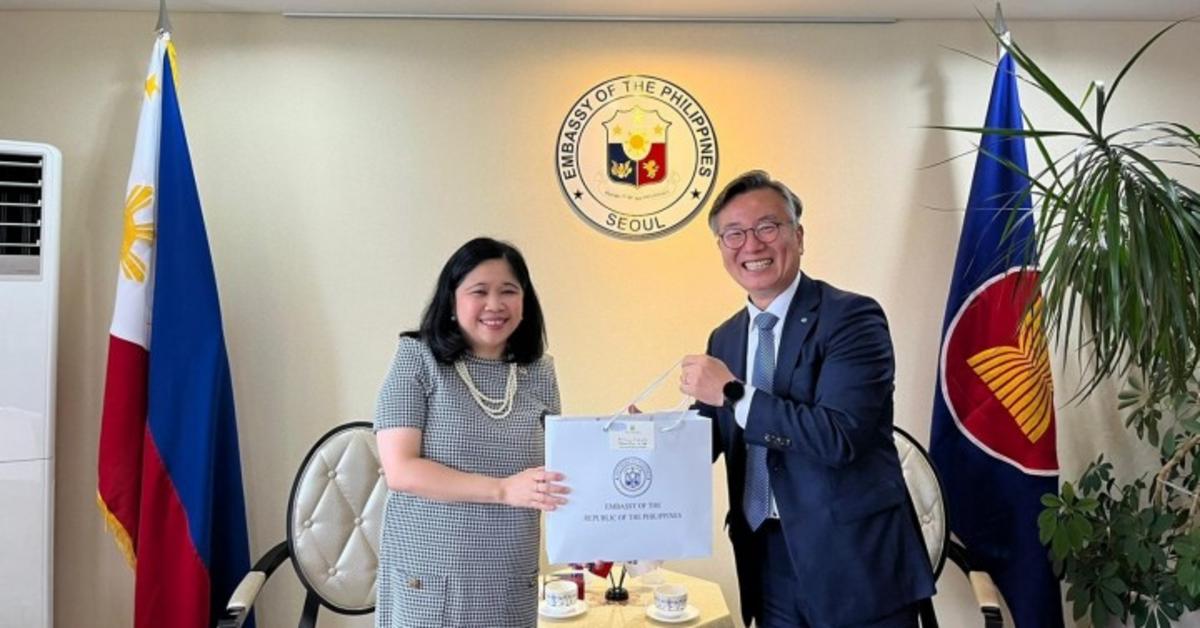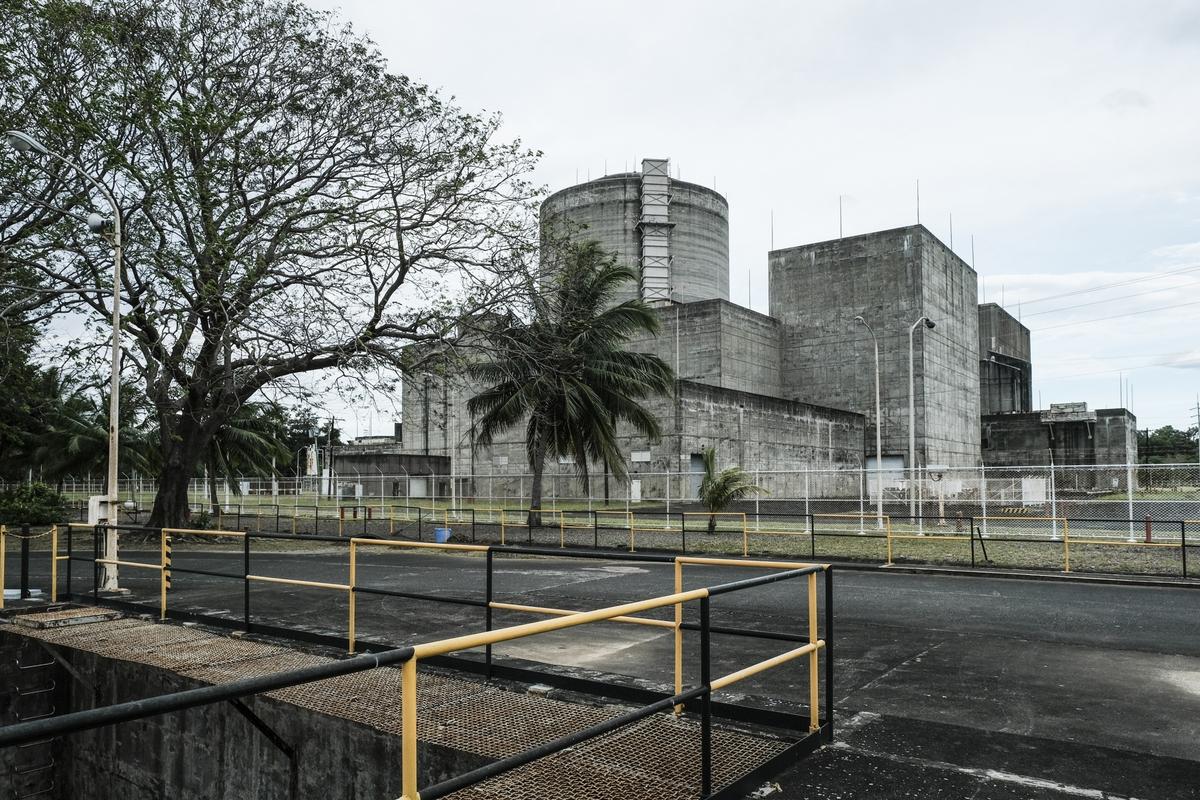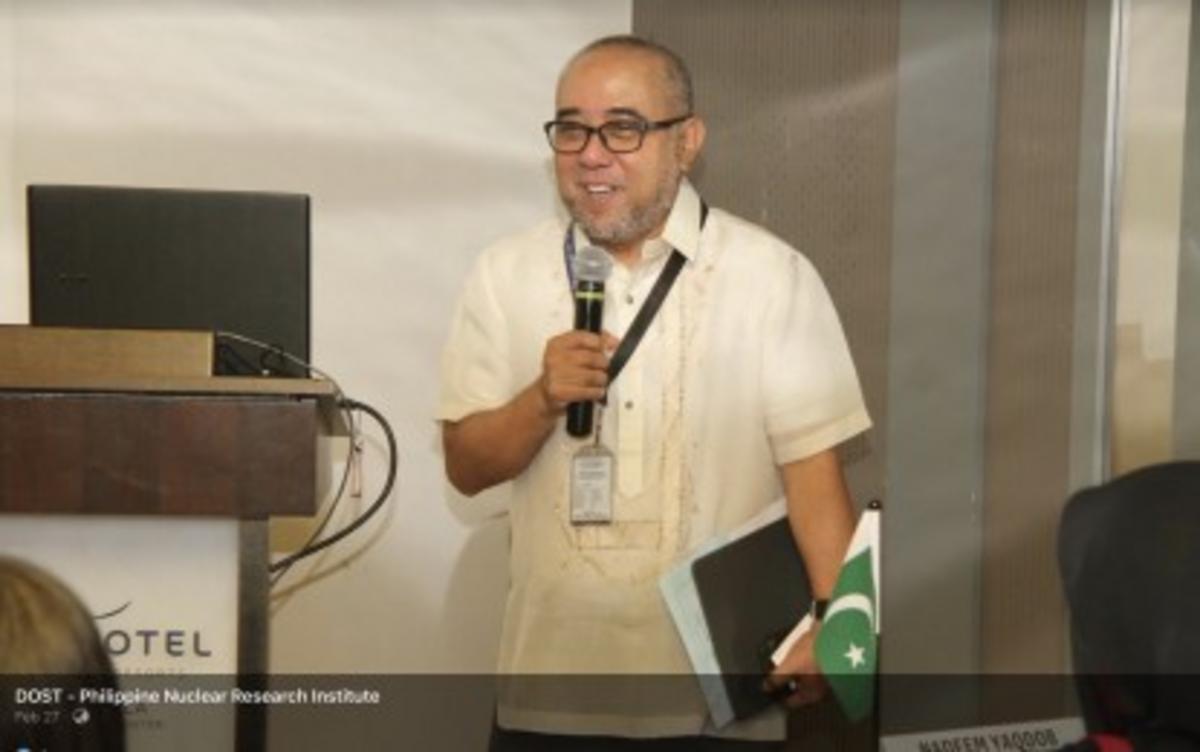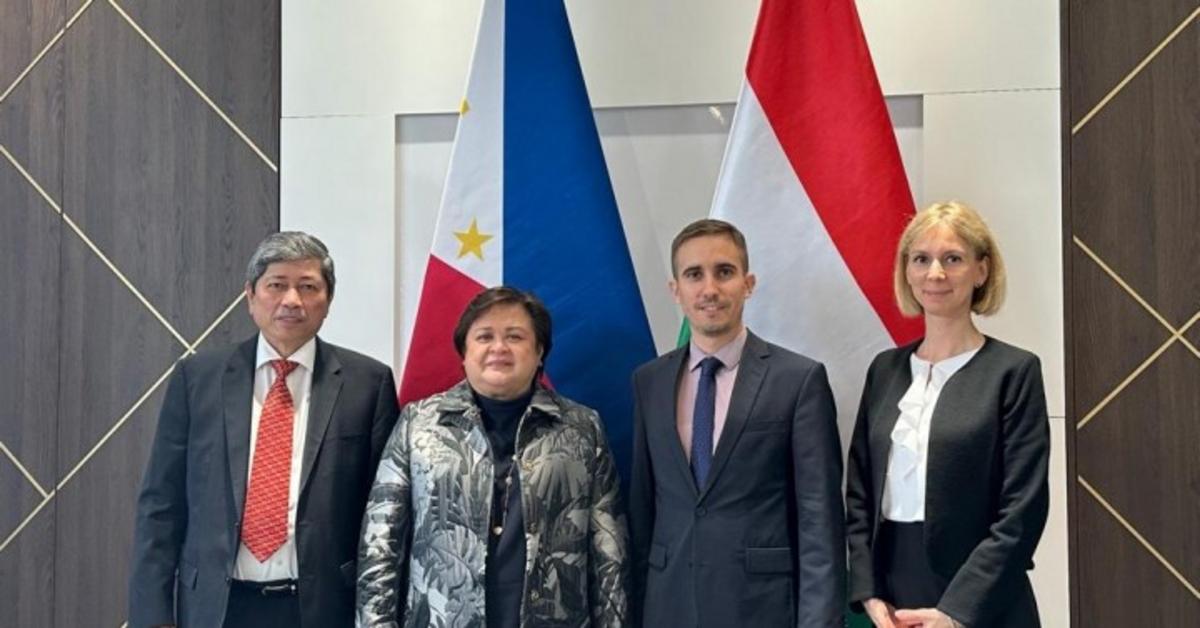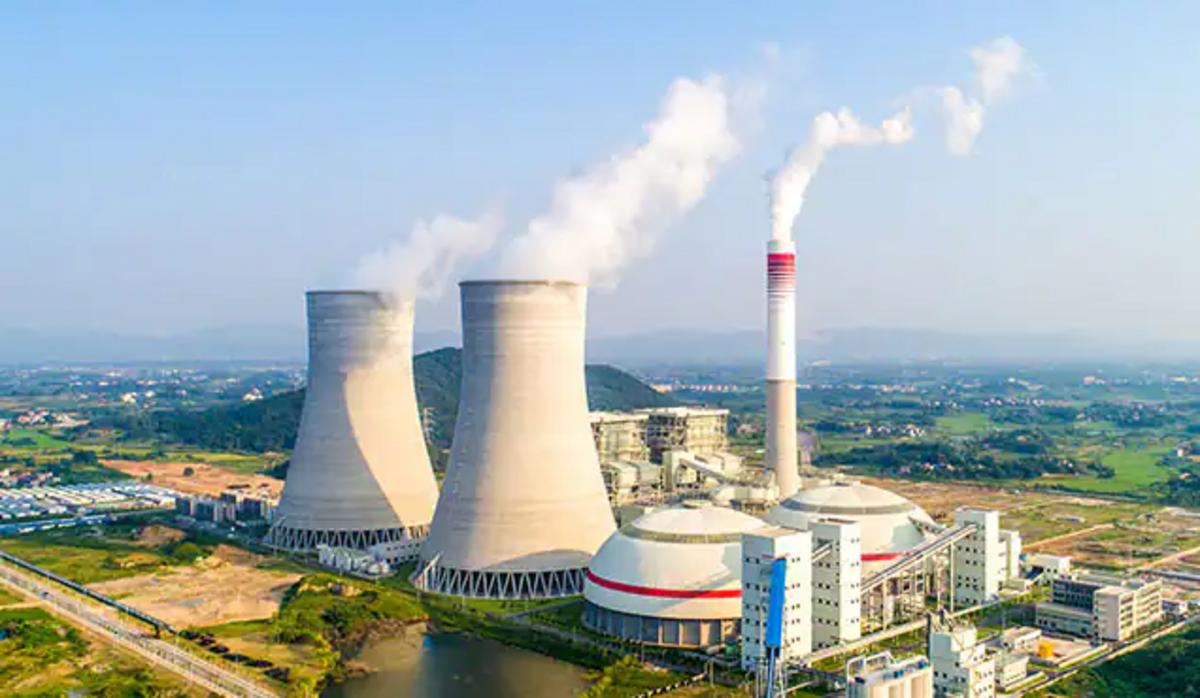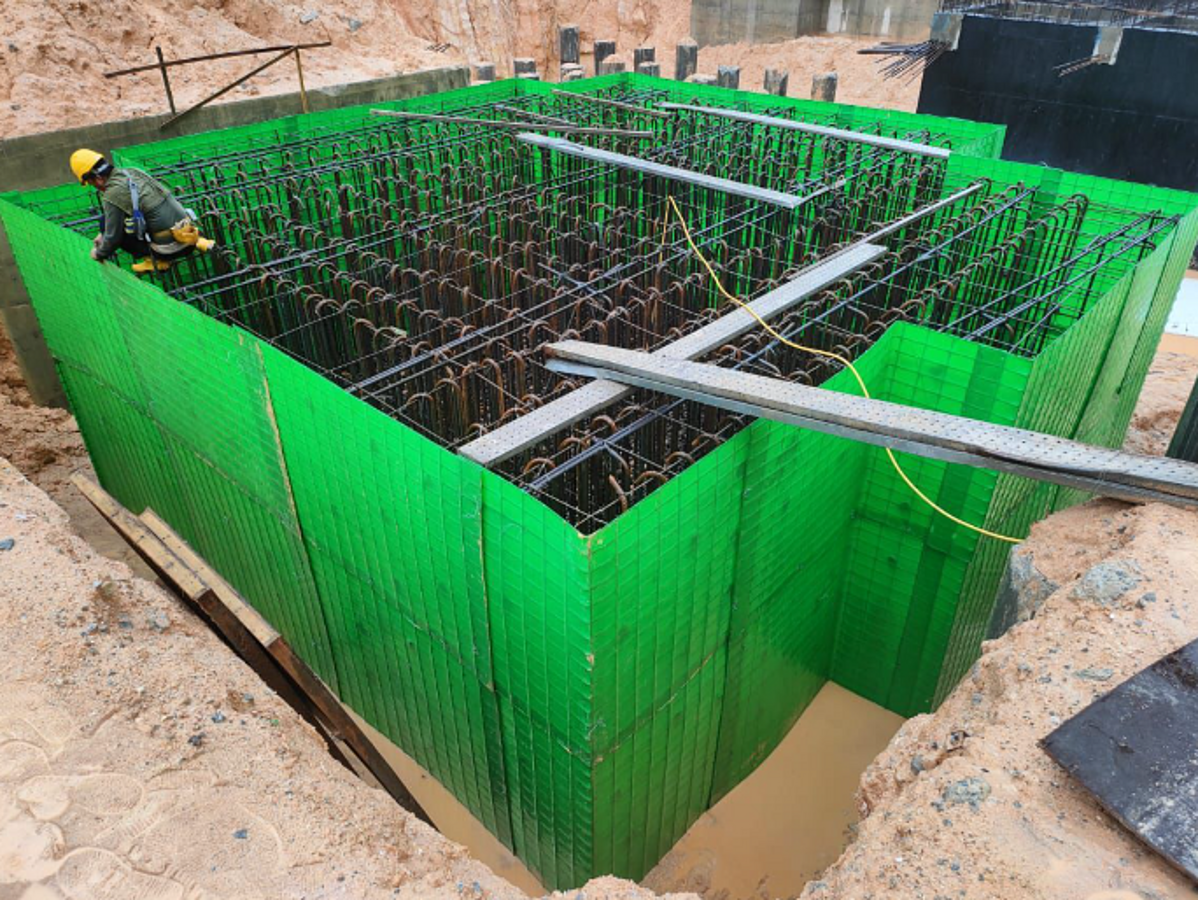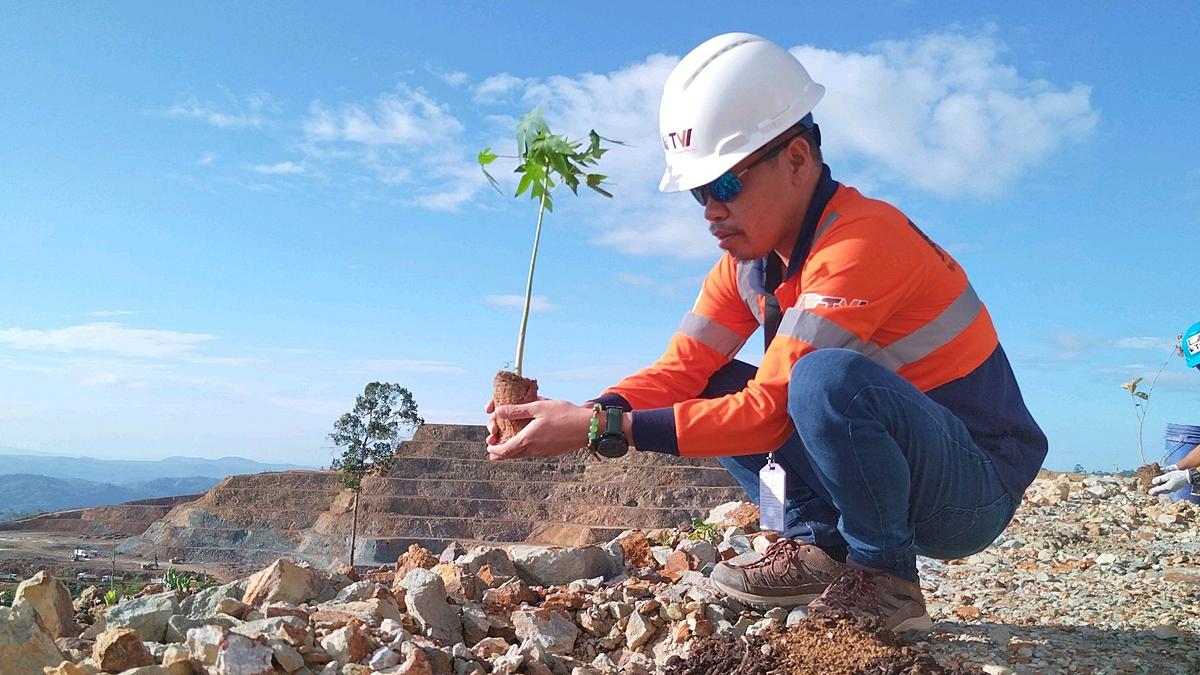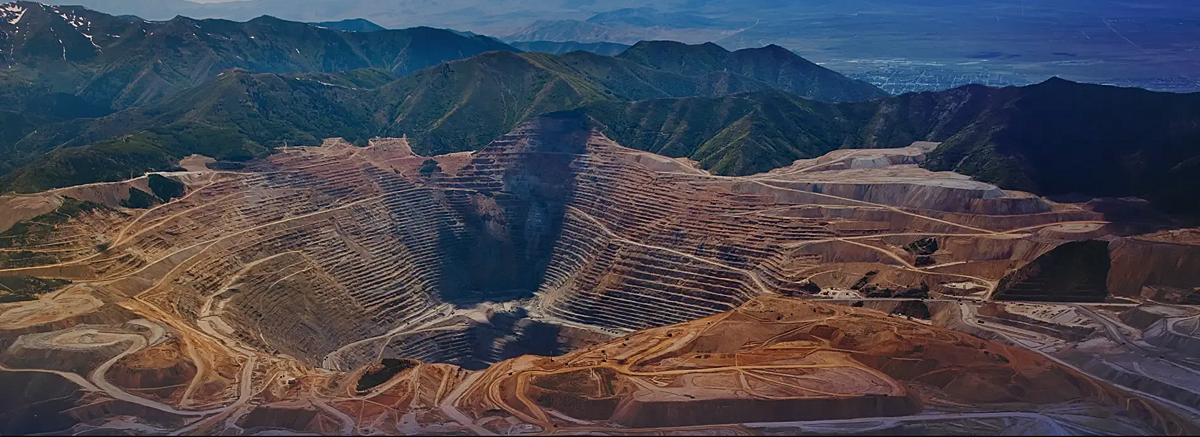Photo: Philippine Ambassador to South Korea Ma. Theresa Dizon-De Vega meets with Korea Hydro and Nuclear Power Co. Ltd Executive Vice President for Overseas Nuclear Business Division Nam Yoh-Shik, Section VP Kim Yongsoo, and Senior Manager Choi Younghwan in Seoul on July 19, 2022. De Vega was joined by Third Secretary Reisha Olavario and Commercial Counselor Jose Ma. Dinsay. (Seoul PE photo)
Philippine Ambassador to South Korea Ma. Theresa Dizon-De Vega met with Korea Hydro and Nuclear Power Co. Ltd (KHNP) executives last July 19 to discuss future Philippines-Republic of Korea (ROK) cooperation on nuclear technology and renewable energy.
The KHNP executives include Project and Overseas Nuclear Business Division Executive Vice President Nam Yoh-Shik, Overseas Nuclear Business Section Vice President Kim Yongsoo and Overseas Nuclear Business Section Senior Manager Choi Younghwan.
During the call, De Vega affirmed the Philippines’ interest in focusing on a viable and sustainable energy plan and informed ROK that President Ferdinand R. Marcos Jr. himself expressed interest in pursuing nuclear technology and other energy cooperation platforms with South Korea.
KHNP is the largest power generator in Korea, producing one-third or around 28 percent of Korea’s domestic demand for power through a combination of nuclear power, hydropower, pumped-storage power, and new and renewable energy.
It is also an energy partner of 29 countries for the global power supply.
KHNP is a long-time partner of the Philippines on energy-related activities, having led the feasibility studies for the safe use of the Bataan nuclear power plant and the Cagayan Eco Zone.
The KNHP likewise shared they are trying to support more experts in the nuclear energy sector and was pleased to share that Korea Electric Power Corporation (KEPCO) International School has a student engineer from the Philippines.
The officials looked forward to further strengthening PH-ROK energy cooperation in the future.
Article courtesy of the Philippine News Agency

